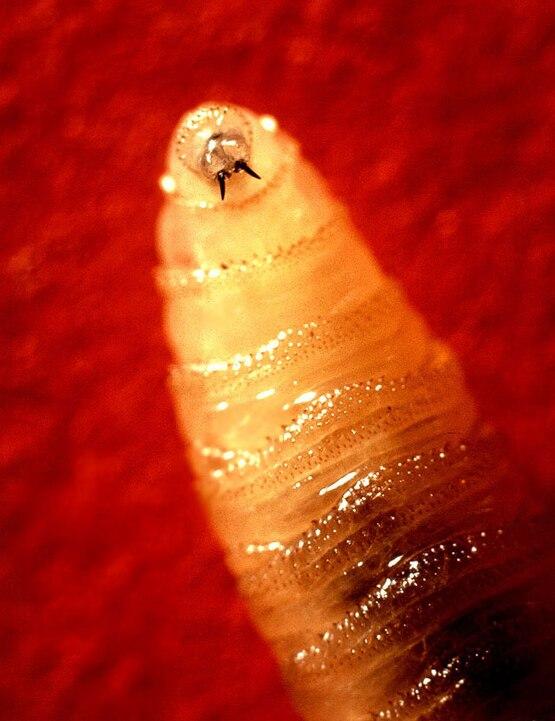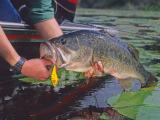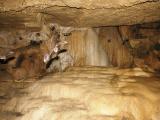US Department of Agriculture (USDA) secretary Brooke Rollins yesterday suspended the import of live cattle, horses, and bison across the United States’ border with Mexico due to the rapid northward spread of New World screwworm (NWS), which can cause cattle loss and has also been linked to sporadic infections in people.
NWS is spread by a parasitic fly (Cochliomyia hominivora) that attacks healthy tissue through wounds or orifices, typically in livestock, wildlife, pets, and sometimes people. The fly deposits larvae that burrow deep into the wound (myiasis), which can cause severe damage or death. The disease was eradicated in the United States using sterile insect technique.
Since 1994, the United States and Panama have collaborated on a project to drop millions of sterile flies over a jungle area at the Panama-Colombia border to keep the fly from spreading northward.
Panama surge, then northward movement
In 2023, detections surged dramatically in Panama, with subsequent detections in Costa Rica, Nicaragua, Honduras, Guatemala, Belize, El Salvador, and in November 2024, Mexico. The areas are north of the where the parasite has been contained in South America, according to the USDA Animal and Plant Health Inspection Service (APHIS).
The USDA warned that NWS was recently detected at remote farms with minimal cattle movement as far north as Mexico’s Oaxaca and Veracruz states, about 700 miles from the US border.
Rollins said the US and Mexico have worked in good faith to control NWS, but despite the efforts, “there has been unacceptable northward advancement of NWS and additional action must be taken to slow the northern progression of this deadly parasitic fly.”
“The protection of our animals and safety of our nation’s food supply is a national security issue of the utmost importance. Once we see increased surveillance and eradication efforts, and the positive results of those actions, we remain committed to opening the border for livestock trade,” Rollins said. “This is not about politics or punishment of Mexico, rather it is about food and animal safety.”
Mexico recently reported first human case
In a related development, Mexico in April reported its first human myiasis case from NWS, a 77-year-old woman from Chiapas state in southern Mexico, according to Reuters, which cited the country’s health ministry.
In recent months, Nicaragua has confirmed at least 30 human NWS cases, with at least 28 reported from Costa Rica, according to a BMJ report.





















